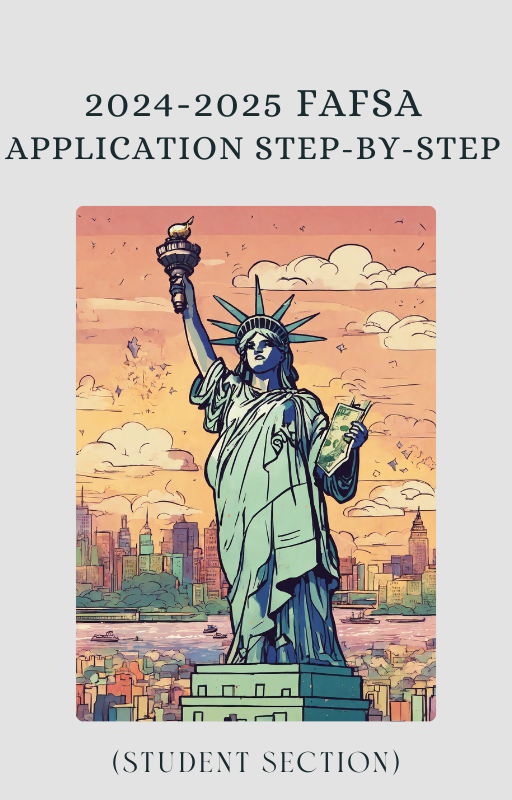
The Importance of FAFSA Completion: How Much Money is Left on the Table Every Year
Share
When it comes to pursuing higher education, financial aid is often the key to making college affordable. The Free Application for Federal Student Aid (FAFSA) is the gateway to accessing federal grants, work-study opportunities, and student loans. Despite its importance, many students and families either don't complete the FAFSA or miss out on its benefits due to misconceptions or lack of awareness. This oversight can have significant financial implications, as billions of dollars in aid go unclaimed each year.
The Financial Aid Opportunity
FAFSA is more than just a form; it’s an opportunity. By completing the FAFSA, students can qualify for:
- Federal Pell Grants: These are need-based grants that do not have to be repaid. For the 2023-2024 award year, the maximum Pell Grant is $7,395.
- Federal Student Loans: These loans often have lower interest rates and more flexible repayment options compared to private loans.
- Federal Work-Study Programs: These programs provide part-time jobs for undergraduate and graduate students with financial need, allowing them to earn money to help pay for education expenses.
- State and Institutional Aid: Many states and colleges use FAFSA information to award their own grants and scholarships.
The Staggering Statistics
Every year, a shocking amount of financial aid is left unclaimed due to incomplete or unsubmitted FAFSAs. According to the National College Attainment Network (NCAN), in the 2021-2022 school year, an estimated $3.75 billion in Pell Grants went unclaimed. This amount represents millions of students who could have received aid to ease their educational expenses.
Why Students Don’t Complete the FAFSA
Several factors contribute to the low completion rates of the FAFSA:
- Lack of Awareness: Many students and families simply do not know about the FAFSA or the financial aid it can unlock.
- Misunderstanding Eligibility: Some families mistakenly believe they won’t qualify for aid due to their income level.
- Complexity and Intimidation: The FAFSA form can seem daunting, especially for first-generation college students who might not have guidance on how to complete it.
- Procrastination: Deadlines can be missed due to procrastination or lack of information about the importance of early submission.
The Impact of Not Completing the FAFSA
Failing to complete the FAFSA can have long-lasting effects on students and their families:
- Increased Student Debt: Without access to federal aid, students may resort to high-interest private loans, leading to increased debt burdens.
- Missed Educational Opportunities: Financial constraints may force students to delay or forgo their college education altogether.
- Limited College Choices: Lack of financial aid can restrict students to less expensive, often less desirable, educational institutions.
Steps to Increase FAFSA Completion
To ensure more students benefit from available financial aid, it is crucial to address the barriers to FAFSA completion:
- Education and Outreach: Schools and community organizations should provide information sessions and resources to educate families about the FAFSA and its importance.
- Simplifying the Process: Advocating for a simpler FAFSA form and providing step-by-step guides can make the process less intimidating.
- Early Encouragement: Encouraging students to complete the FAFSA as early as possible can help them avoid missing deadlines and maximize their aid eligibility.
- One-on-One Assistance: Offering personalized assistance through financial aid workshops or counseling can help students navigate the application process.
Conclusion
Completing the FAFSA is a critical step for students seeking to make higher education affordable and accessible. By understanding the importance of this form and actively working to increase completion rates, we can ensure that billions of dollars in financial aid do not go unclaimed each year. Empowering students with the knowledge and resources to complete the FAFSA is an investment in their future and in the future of our society as a whole.


